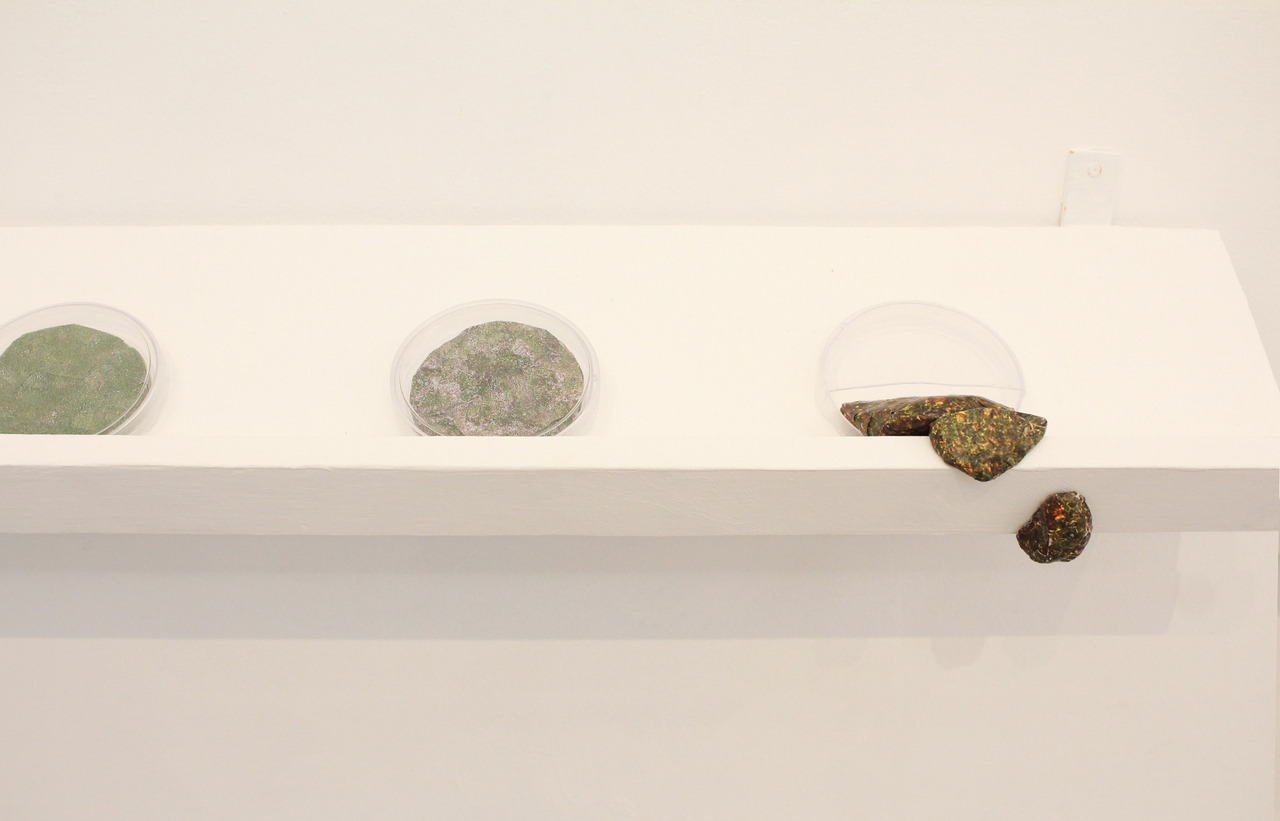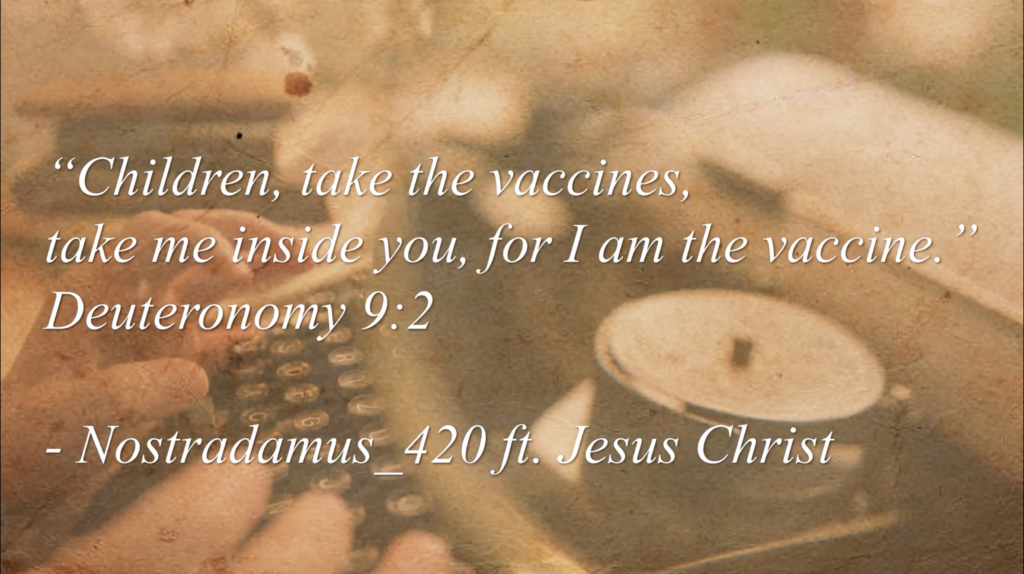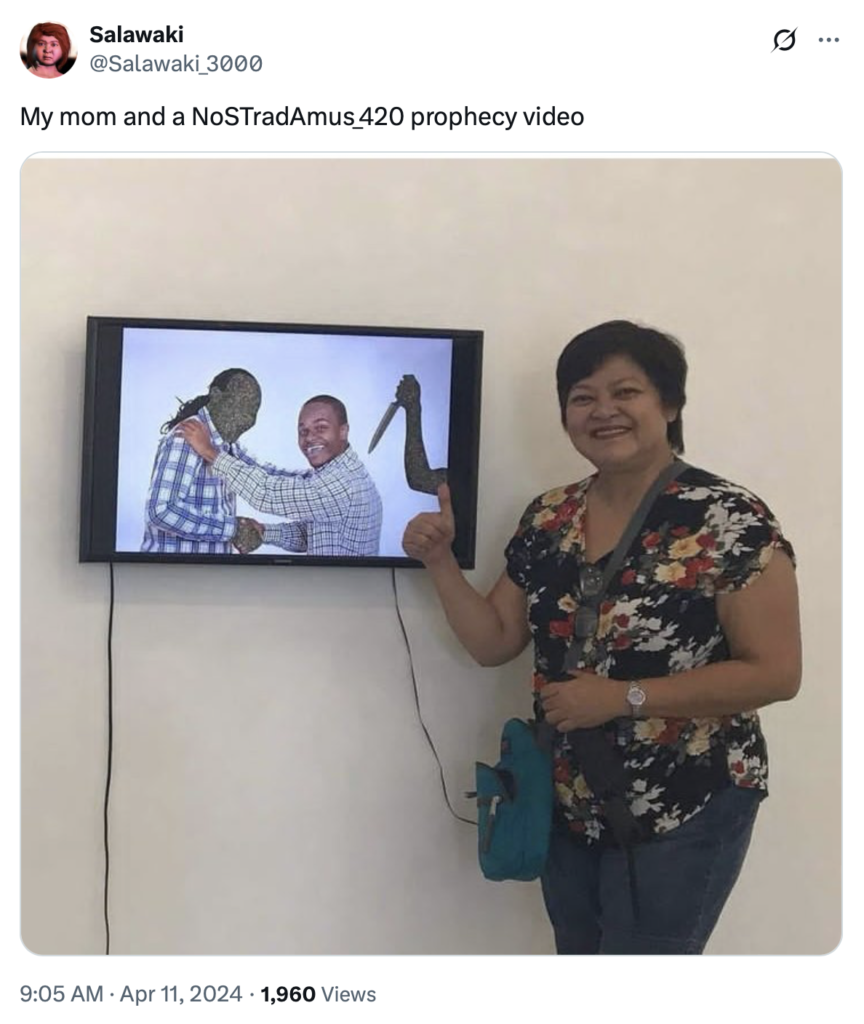Issue 12: Becoming
White Hat Troll: Interview with Mirjam Dalire

The Philippines’ Nobel Peace Prize-winning journalist Maria Ressa has for years been outspoken about the weaponization of social media by authoritarians and tech companies to influence politics and profit. She, of course, speaks from experience. After all, it was her most powerful critic, the former Philippine President Rodrigo Duterte that used social media to discredit media organizations, win elections, and enforce his bloody “War on Drugs” campaign that saw more than 30,000 people killed.
Video artist Mirjam Dalire, born 1996 in Dumaguete, lived far from the center of the country and grew up in Davao City. Located in Southern Philippines, Davao City is the bailiwick of Duterte and his family where he served as mayor for more than 22 years. Currently, his son is serving as mayor and his daughter the vice president of the nation. I have previously worked with Mirjam when I co-edited the publication entitled “Counter-Narratives’, a collection of projects from the Philippines and Indonesia borne out of a series of workshops with experts on art and disinformation in Southeast Asia.
Her contribution entitled “Famous Last Words Ng Anak ni Nostradamus” (The Famous Last Words of Nostradamus’s Son) is a four-minute video that gleans from exactly the virtual landscapes that have become lucrative war zones for influence operations. Investigating the visual language and grammar of conspiracy videos, fake news, Facebook threads and maximalist memes shared by aunties, she tests the limits of the very weapons used to hack the vulnerable psyche, and in this case, those who feared the vaccine during the COVID-19 pandemic defined by a militarized lockdown for at least two years.

As “Famous Last Words” plays, a fake Bible quote flashes on the screen: “‘Children, take the vaccines, take me inside you, for I am the vaccine.’ — Deuteronomy 9:2” There is already distrust in institutions and we’re not sure to what extent that fact-checking matters to netizens navigating bottomless feeds of hot men, constant crises and political theater. In the attention economy and a permanent state of war, what can we gain from stealing weapons? In this conversation with Mirjam, I am seduced by the potential of an artist-in-combat and the question of becoming: a real enemy of the enemy.
MAC ANDRE ARBOLEDA: How did your practice begin and how would you describe internet culture coming from the Visayas and Mindanao regions as opposed to so-called Imperial Manila?
MIRJAM DALIRE: I started when I was studying in Siliman [University]. When Duterte got elected, it was in 2016. It was also the same year that I started studying. I am originally from Davao, Duterte’s home turf. Before going to Siliman, I didn’t really like Duterte but I wasn’t that political. Because there’s no space to be like that in Davao and I think school radicalized me [laughs]. I started noticing on Facebook it became worse and worse with the fake news and I also learned about the Cambridge Analytica scandal and it was really interesting. I kind of questioned the narratives that they created when I was a child, I think I grew up from that, how Duterte came into power. I’m not sure when he was elected as a mayor, but I think I was a child then. I actually met him and I was blessed by him at some point1, when I was a kid. It just didn’t feel right to support that way of making a city safe. Fast forward to Cambridge Analytica, it was interesting that people can just make narratives and I see my family members believing in them. This information, they became worse and worse. Especially when the Marcos narratives seeped in. It was like, what the fuck is this editing (laughs), with the voice. And I think I’m just fascinated by this honestly, as a person that also loves memes. It was also the same era of these offensive memes. I also started researching about QAnon and how it’s so the same and I wanted to make one for myself. This video was like a second part of another video I made entitled “2012 Was An Inside Job By NoSTrAdAmUs_420” (2019). In this work it was also connecting the virtual space. So I took out soil samples and took screenshots of the sand and grass textures. And this one petri dish, it broke and some of the grass fell. It was like a virus that infiltrated the real world. Like this grass has infiltrated us, or like the internet has completely infiltrated us. It was also the time when my parents started using Facebook religiously. Before they weren’t there, and what posts are this?!
MA: Now I remember how Cambridge Analytica and Trump’s first eventual election win, that they called Duterte’s election win the petri dish for the US election so that’s really interesting. What inspired you to make the sequel, “The Famous Last Words of Nostradamus” (2021)?
MD: I wanted to revisit the work and it was around the time that the Marcos stuff was crazy. And I remember we were watching these videos with the Tallano gold and it was just outrageous how everything they throw in to these people (points to mom in the room), they just believe it.

MA: One context, within the crisis was the vaccine in the middle of this militarized, global health crisis. A Reuters investigation released just last year reported that the Pentagon released a secret anti-vaccine campaign in the Philippines to undermine the Chinese vaccine called Sinovac. They identified 300 accounts on X (formerly Twitter) that matched descriptions shared by former US military officials familiar with the operation. They used accounts saying #ChinaAngVirus and that was the slogan of the campaign.
MD: Yeah, I wanted to dissect how these narratives are created, and I think I also wanted to dissect it visually. That’s why I emulated that style of reporting or Maharlika aesthetic, Maharlika type beat.
MA: In the video it’s a really good mix of the symbolic devices that’s appropriate for the material. You used conspiratorial sepia-colored rendering of stock videos, sensationalizing texts and emojis, my personal favorite was the ping of the subscribe button. Bible quote-forms, and even the insertion of the McDonald’s foldabots, 3D-animated highways and chickens, including the Photoshopped image published by the Philippine police in a press release of alleged New People’s Army surrenderees. Tell us about that.
MD: I think I also find these…the Tallano gold videos [are] fascinating because of the juxtaposition of images. Even the text it’s just really absurd, and I’m kind of jealous (laughs). And it also reminds me of old internet I think. At that time I was also wondering what if, how do we combat this? Do we combat this the smart way? Of course, fact-checking matters but I don’t know if they respond to that. Because there’s also this distrust with institutions already. But yeah, it was a fascination with the images and it’s kind of what Midjourney generates now, it’s just weird pictures.
MA: It’s interesting that you brought up Midjourney. You talked about being fascinated by the juxtaposition of images and it reminded me how a lot of people describe Filipino vernacular design as maximalist. I think about how this growing distrust of institutions is the same feeling with our entire ecosystem in journalism that’s interested in smooth, clean images: stock photos that could be used almost anywhere and design is WordPress, stale, a couple of ads here and there. In the advent of AI, at least with corporate uses, it tries to achieve the smooth, clean images where there’s enough action.
MD: Mmm…
MA: How do you look back at the work especially with the recent happenings now both in the Philippines and the US? One issue that’s especially relevant right now is Duterte’s arrest at the International Criminal Court. I’m sure you’ve seen the varied social media reactions where at the surface, there’s a lot of people celebrating but there’s also a lot of people defending him, and even manifesting in in-person protests in support of the former president in the Netherlands, Japan, and Manila. It’s actually his birthday tomorrow!
MD: It felt nice to get some justice because we didn’t see this coming actually. It’s just crazy how [the opposite] is so normalized, everything was so normalized. Even with the ICC, during the first hearing, what I felt was, “wow, this happens somewhere?” And what I’ve been seeing [for so long] is the dramatic trials in the Philippines. To connect that with the context now, it’s just so difficult to fight it with the people that are still supporting him. Like I said, I just got back from Davao…when the news broke, I was [in Davao] celebrating quietly. I feel like I don’t wanna fight also. These are people, too. I remember someone saying, these are Filipinos too. It’s different for people in Davao, really, compared to supporters elsewhere. That’s like decades of brainwashing. I wanted to say that the world is just crazy. I think in the end, I think they just implode. I don’t know if that makes sense. What’s happening now, I’m in a hopeful place. [Because] eventually, they will just implode. They’ll fight each other. I feel like inside those systems, there’s so many people fighting for power and I feel like it doesn’t work long-term. Example, [current Philippine President Bongbong] Marcos and Duterte they end up eating each other. I feel like I also see that in the context of what’s happening in America. It’s just crazy. I don’t know how it will happen.
MA: This can be a speculation or a feeling, but…now that Big Tech oligarchs have tightened their grip on US administrative power, what do you think now will become of us?
It’s fucked up, right? I recently rewatched All Watched Over by Machines of Loving Grace and it explains there how Silicon Valley, they’re all like Ayn Rand stans. It kind of made sense just watching that…was it Bill Clinton? He had this finance, Silicon Valley guy and was one of Ayn Rand’s biggest supporters. And Bill Clinton gave him his job. And then he was very into computers. And it kind of paved the way for Wall Street power. Like Peter Thiel’s company investment into software in Wall Street to analyze stock markets. It’s just sad that it was one of the first dominos to that prompt of making a government position. Like DOGE. But at the same time it’s a caricature of that, and it’s in our faces now. It used to be secret and underground but now it’s there and it’s Elon Musk. I don’t know how we’ll fix it moving forward. I just think that we should just mobilize already and that’s the only way. Because Ayn Rand was responsible and we should just do the opposite of what Ayn Rand is as a brand (laughs).
MA: Any famous last words?
MD: I don’t know if I made sense. I just woke up.
MA: Is it important to make sense?
MD: (BLOW HORN SOUND EFFECT)
- Mano is a Filipino gesture of respect toward elders, where one takes the elder’s hand and lightly touches it to their forehead. ↩︎
